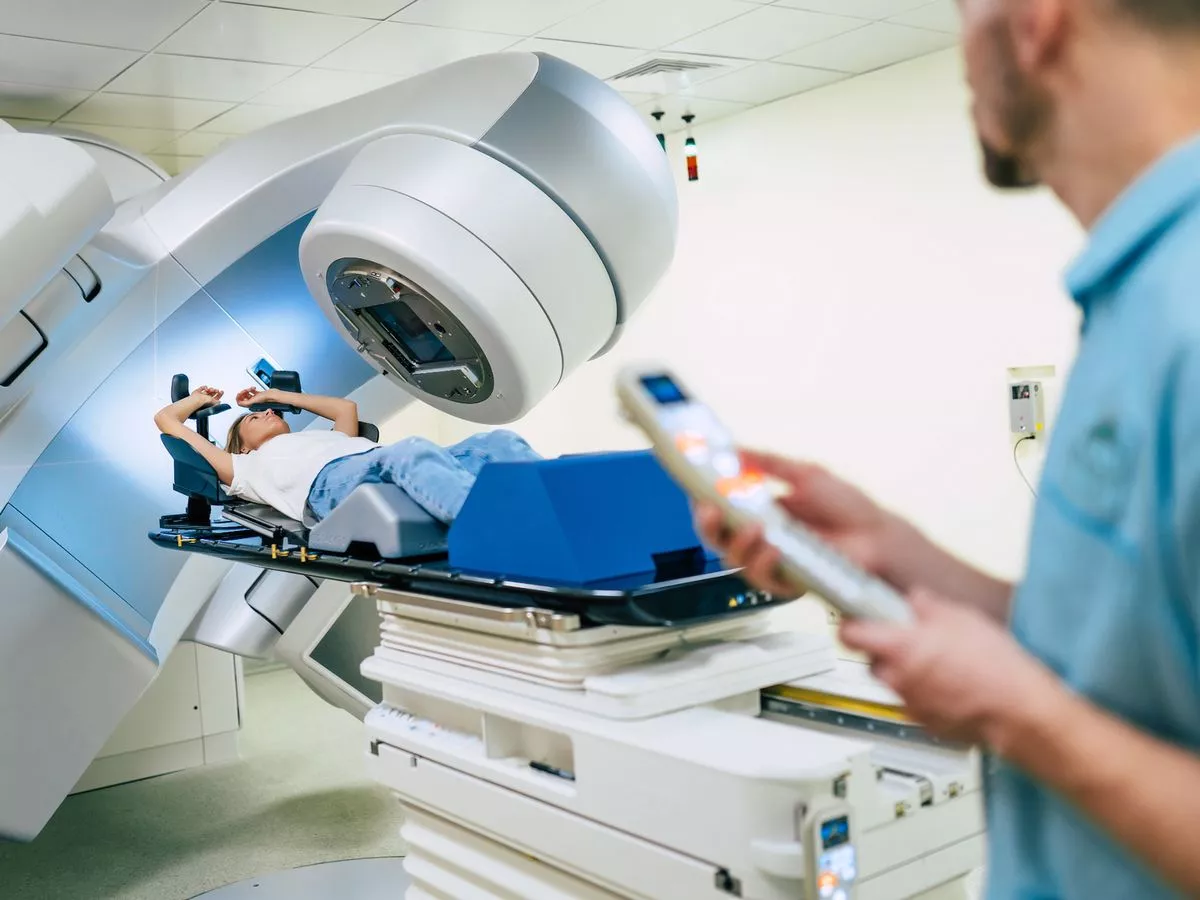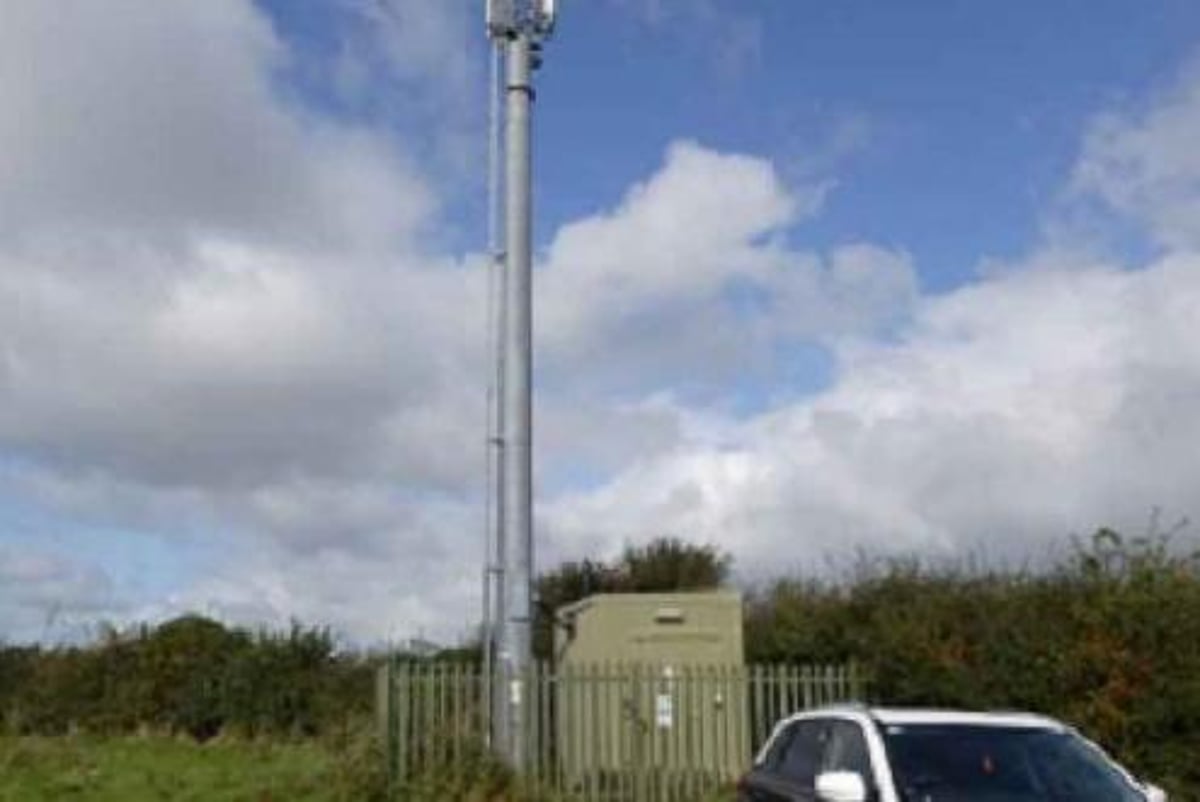
Drinking tea and coffee could lead to improved cancer outcomes for patients, thanks to the beverages potentially playing a “protective role” against the disease.
Specifically, high coffee and/or tea intake has been linked to a 24 percent reduction in the risk of cancer progression, according to an international study from Italy-based researchers led by IRCCS European Institute of Oncology.
While benefits were found for both drinks, their findings revealed a stronger effect from tea than coffee.
“It appears that several metabolic pathways exist that coffee and tea have the potential to modulate in order to hinder tumor progression and prolong survival,” the researchers wrote in their paper.
In their analysis, the team examined 26 prospective studies involving more than 40,000 cancer patients from across the U.S., Asia, Europe and Australia between 1993 and2023.
Nine studies focused on colorectal cancer, nine on breast cancer, four on prostate cancer and four on other cancers (ovary, liver and bladder). The average age of participants was 46–69.
The researchers compared high and low consumption levels of coffee and tea—assessed either pre- or post-diagnosis—in association with cancer recurrence, progression and death. This included both caffeinated and decaffeinated coffee as well as black and green tea (but not herbal teas).
The strongest evidence for a protective effect from both drinks emerged for colorectal cancer, the authors said, while for breast cancer only tea consumption showed a significant reduction of risk in some analyses.
Colorectal cancer is the third most common cancer diagnosed in both men and women in the U.S., while breast cancer is the most common cancer in women across the country (both excluding skin cancers), according to American Cancer Society.
In the study, the researchers also discovered a dose–response relationship, revealing that each additional cup of coffee or tea “significantly” reduced the risk progression in these cancers. This was by around 10 percent, with minor differences depending on cancer type.
“In an attempt to minimize cancer death and improve overall patient outcomes, a growing interest has thus emerged in identifying actionable behavioral and lifestyle-related factors associated with cancer progression, such as smoking cessation, physical exercise and eating habits [intended to incorporate alongside medical intervention],” the study authors wrote in the paper. They decided to focus on coffee and tea due to its large consumption globally.
For colorectal cancer, a maximum beneficial effect could be reached at around three cups daily, suggested by a J-shaped curve shown in graph results, the authors said.
“Coffee and tea intake has been suggested to favorably affect survival of cancer patients, but studies published so far produced conflicting results. This systematic review and meta-analysis aimed to summarize the existing evidence on the association between coffee and tea consumption and cancer survival across different types of cancers,” the authors added.
No significant effects were found for prostate cancer, while data on other cancer types was too limited.
“The results of our meta-analysis suggest a potentially protective role of coffee and tea consumption in cancer survival, with some variation depending on the type of cancer and the beverage consumed,” the authors wrote.
“Specifically, cancer patients in the highest vs. lowest category of coffee or tea consumption had a significant 24 percent reduction in the hazard of disease progression, highlighting a substantial benefit in survival associated to the consumption of these beverages. Notably, tea consumption appeared to have a more pronounced protective effect compared to coffee, although this was based on a much smaller number of independent risk estimates.”
Multiple reasons have been suggested to explain why coffee and tea extract seem to have benefits in cancer patients. The authors say this could include bioactive compounds thought to play a role in stopping cancer initiation and progression, specific polyphenols that may help regulate cancer cell growth and antioxidant and anti-inflammatory effects.
The team noted limitations of their findings include the observational nature of the studies and a limited number of eligible studies.
Future research should focus on large-scale, high-quality prospective cohort studies with detailed questionnaires to assess lifestyle and consumption habits, they said. Meanwhile, more research is needed to explore the underlying biological mechanisms and the differential effects of coffee and tea on various cancer types.
“Identifying the specific bioactive compounds responsible for cancer prevention could guide the design of intervention-based clinical trials to translate research into practice and eventually impact cancer patients’ health.”
Newsweek has reached out to the researchers for additional comment.
Do you have a tip on a health story that Newsweek should be covering? Do you have a question about diet and cancer? Let us know via health@newsweek.com.
Reference



